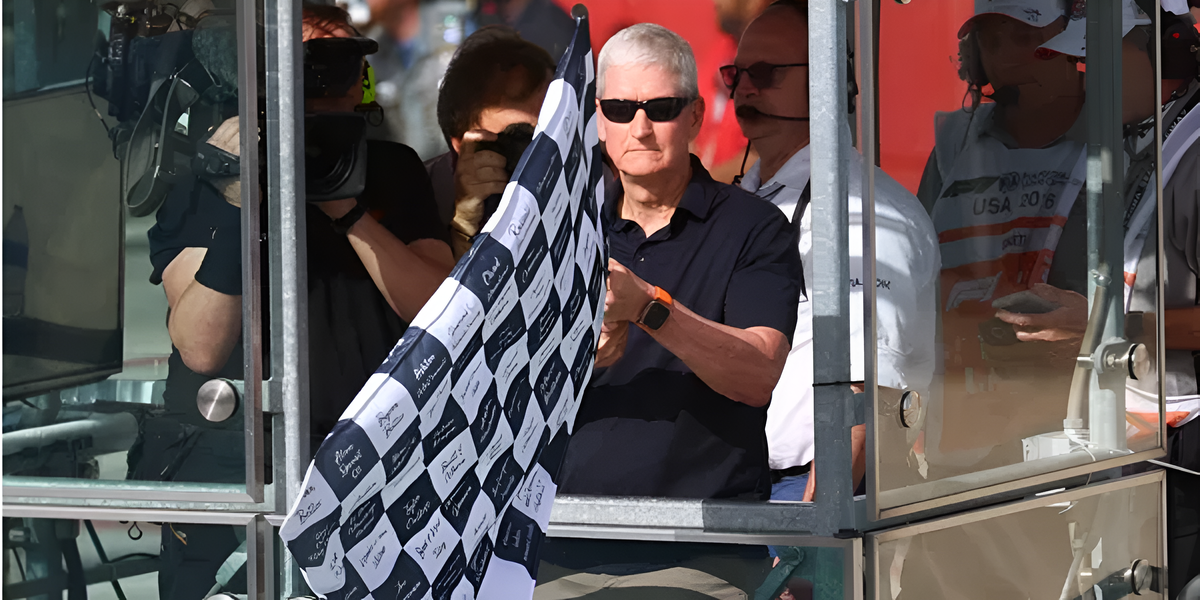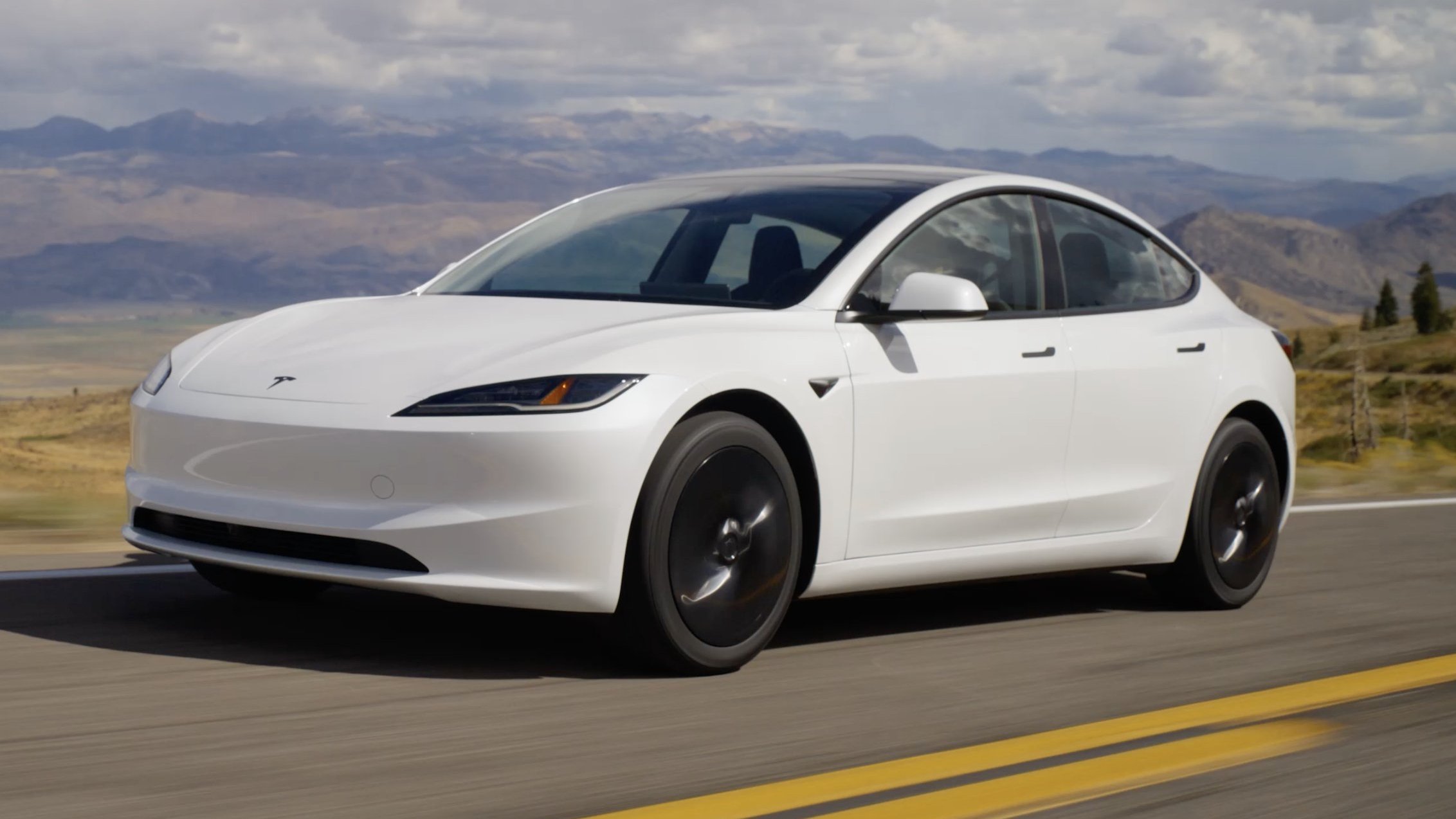In a study published in the scientific journal Nature, researchers found a The vaccine developed by the German BioNTech company was able to destroy cancer cells in the pancreas.. Unlike other vaccines, this option is developed with a personalized method for each patient and acts as a type of immunotherapy against pancreatic cancer.
BioNTech confirmed the efficacy of the antitumor vaccine last year, but further studies are still needed to understand the vaccine’s use in humans. No wonder, in such a short time, they have prepared a study with a clinical trial on human volunteers; The vaccine was able to fight tumors more effectively by triggering the production of immune system cells in up to 50% of participants..
As the scientists explain, 16 patients with pancreatic cancer participated in the study, but only eight responded positively to the vaccine. All participants underwent surgeries to remove the tumor prior to vaccination and received chemotherapy and immunotherapy treatments with monoclonal antibodies.
in total, eight patients had no evidence of tumor return 18 months after surgery, however, other participants did not respond to treatment and on average the cancer was re-detected after 13.4 months.. Those who were successful in treatment showed an increase in T cells that boost the immune system to attack cancer cells.
BioNTech used the same RNA technology the company used to develop its covid-19 vaccine, and the tests were conducted by the Memorial Sloan Kettering Cancer Center organization in New York. After receiving the vaccine, RNA technology will transmit instructions to the patient’s cells, so that his body will begin to produce antigens against cancer cells – RNA is an auxiliary DNA molecule.
pancreatic cancer vaccine
In any case, scientists argue that the first phase of clinical research is done to evaluate the safety of the vaccine, not the efficacy of the product; wellVaccination evaluation still required in phase 2 and 3 trials – only then will scientists be sure that the vaccine strengthens the body’s natural defense against cancer. More importantly, the researchers focused on pancreatic ductal adenocarcinoma (PDAC), which affects more than 90% of people with pancreatic cancer.
As mentioned, BioNTech had already announced that the vaccine was safe, but scientists still needed to evaluate whether the product was effective in generating an immune response. Now the information has been verified and they can move on to the next tests.
“Overall, we report preliminary evidence that an individualized mRNA vaccine, in combination with immunotherapy and chemotherapy, induces significant immune system T-cell activity in patients with surgical removal of adenocarcinoma, and that this is associated with a delay in remission,” the scientists wrote. in the study.
Source: Tec Mundo
I’m Blaine Morgan, an experienced journalist and writer with over 8 years of experience in the tech industry. My expertise lies in writing about technology news and trends, covering everything from cutting-edge gadgets to emerging software developments. I’ve written for several leading publications including Gadget Onus where I am an author.












